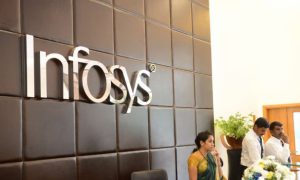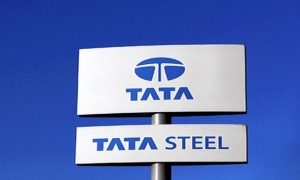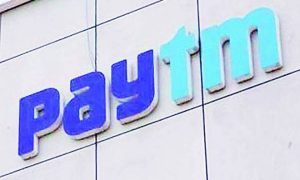An increase in the inflation rate, the ongoing Covid-19 pandemic and the war in Ukraine have created uncertainties for the financial market across the world. The cost of fuels has already gone up significantly, and now there are signs lending rates will also get expensive.
Are you an existing loan borrower or a new customer planning to buy a house or a new car? You cannot afford to ignore this news. Recently, some prominent banks have hiked the Marginal Cost of Funds Based Lending Rate (MCLR), and now there are indications that loans on floating rates are going to get expensive. What should an individual do in this situation?
Here are seven things loan borrowers need to know about MCLR:
Read More: Airtel Payments Bank launches FD facility in partnership with IndusInd Bank -Check interest rates
- If you have taken a loan on a floating interest rate, it is most likely that the loan will either be linked to MCLR, or the external benchmark linked system.
- MCLR applies only to floating interest rates on loans.
- From October 1, 2019, the RBI has made it mandatory to link an external benchmarking system for retail and MSME loans. However, it is kept optional for corporate and other types of loans.
- MCLR only impacts those loans that are at floating interest rates. It does not apply to fixed interest rates.
- Customers can check MCLR on the respective bank’s website.
- Banks cannot lend below MCLR without permission from the RBI.
- If the RBI increases the repo rate, it impacts the cost of funds for the banks, and therefore interest rates go up for MCLR-linked loans on floating rates.
Read More: PM Jan Dhan account holders can get Rs 3000 per month, here’s what to do
“The MCLR was first introduced on April 1, 2016, to address complexities relating to the base rate regime. It was brought in with an aim to help loan borrowers benefit from the RBI’s rate cut. Therefore, the MCLR was introduced to bring in more transparency and create a win-win situation for both borrowers and banks,” says Adhil Shetty, CEO, Bankbazaar.com.
Recently a few prominent lending institutions have increased their MCLR, which means home loans linked to floating rates as well as auto loans are likely to become costly. While the RBI repo rate remains unchanged, the increasing cost of funding has led the banks to take this decision.





































